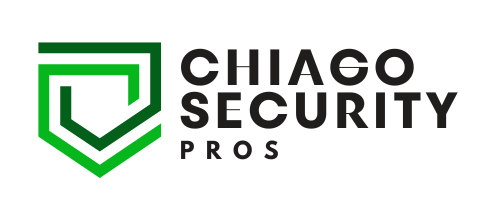Access Control: The Key to Business and Residential Security
Access control systems are an integral part of both business and residential security. They are designed to control who has access to a network, building, or other resources. In this article, we will delve into the fundamental principles behind access control systems, including authentication methods and authorization processes.
Understanding Access Control Systems
Access control systems are security measures that regulate who or what can view or use resources in a computing environment. They are a vital component of security systems and are used to protect confidential information, such as business data, and to restrict access to physical spaces like buildings, rooms, and campuses.
Authentication Methods
Authentication is the first step in access control. It verifies the identity of the user or device trying to gain access. There are three main types of authentication: something you know (like a password), something you have (like a smart card), and something you are (like a fingerprint or other biometric method).
Authorization Processes
Once a user or device is authenticated, the authorization process begins. This process determines what permissions or levels of access the authenticated user or device has. This could range from full access to a network to limited access to a single file or document.
Types of Access Control
There are several types of access control systems, including discretionary access control (DAC), mandatory access control (MAC), and role-based access control (RBAC). DAC is the least restrictive and allows owners to control access to their own data. MAC is the most restrictive and does not allow owners to control access. RBAC is based on the roles and responsibilities of the user within the organization.
Importance of Access Control Systems
Access control systems are crucial for maintaining the security of both physical and digital spaces. They protect sensitive information and assets, prevent unauthorized access, and help businesses comply with various data protection regulations. In addition, they can also provide a record of who accessed a resource and when, which can be useful for auditing purposes.
In conclusion, access control systems are a key component of both business and residential security. They provide a robust and flexible solution for protecting assets and information, and their importance cannot be overstated.
Whether you’re looking for business security camera systems in Chicago, access control companies in Chicago, or access control installers in Chicago, it’s essential to choose a reputable provider with a proven track record in the industry. By doing so, you can ensure that your access control system is installed correctly and functions as intended, providing you with the peace of mind that your assets and information are secure.
